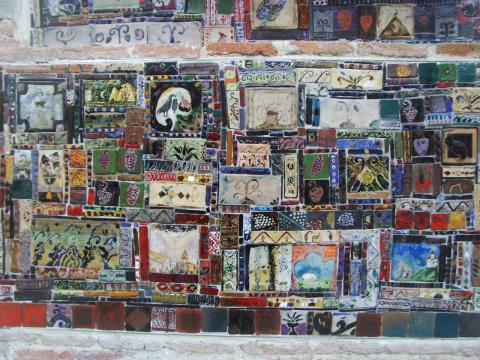Structural Complexity in Natural Language(s) International Workshop

Langues naturelles et systèmes complexes
Structural Complexity in Natural Language(s) (SCNL)
International Workshop
Paris, 30-31 May 2016
Maison de la Recherche (Université de Paris 3)
4, rue des Irlandais - 75005 Paris,
salle Athena (Rez-de-Chaussée)
Org. Jean Léo Léonard (Paris-Sorbonne) & Didier Demolin (Sorbonne-Nouvelle)
didier.demolin@univ-paris3.fr
leonardjeanleo@gmail.com
Labex EFL (PPC11)
The Symposium Natural Languages and Complexity Theory aims at bringing together specialists in the study of complex systems and researchers in various topics of linguistics: descriptive, theoretical or formal linguistics, dialectology and sociolinguistics, in a transdisciplinary perspective.
Methods of analysis for the modeling and simulation of complex systems and various modules of the grammar of language (phonology, morphology, syntax) will hold a central place in the discussions. The inner complexity within the fabric of grammar and linguistic systems and the dynamic trends fostering the diffusion of linguistic patterns will be compared to similar – or diverging – traits in artificial languages (e.g. programming languages, computational complexity).
The conference will focus on two main issues: the fabric of structural complexity of natural or artificial language(s), and geolinguistic or sociolinguistic complexity.
The first area will address the complexity of phonological and grammatical systems (including inflectional systems) in different world languages. The second area of interest will focus on the complexity of dialectal systems and of geolinguistic diffusion phenomena (manner, range and scope). Among others, models of entropy, graph theory, calculations of distances or similarity, holographic and multidimensional visualizations will provide insights on patterns in these domains of dynamic complexity.
The symposium will include a dozen of oral communications and a wide poster session, dealing with case studies or methodological issues. The conference will end up in a discussion panel moderated by a specialist in Complexity Theory, on order to lay ground for a discussion
- Identifiez-vous pour poster des commentaires
